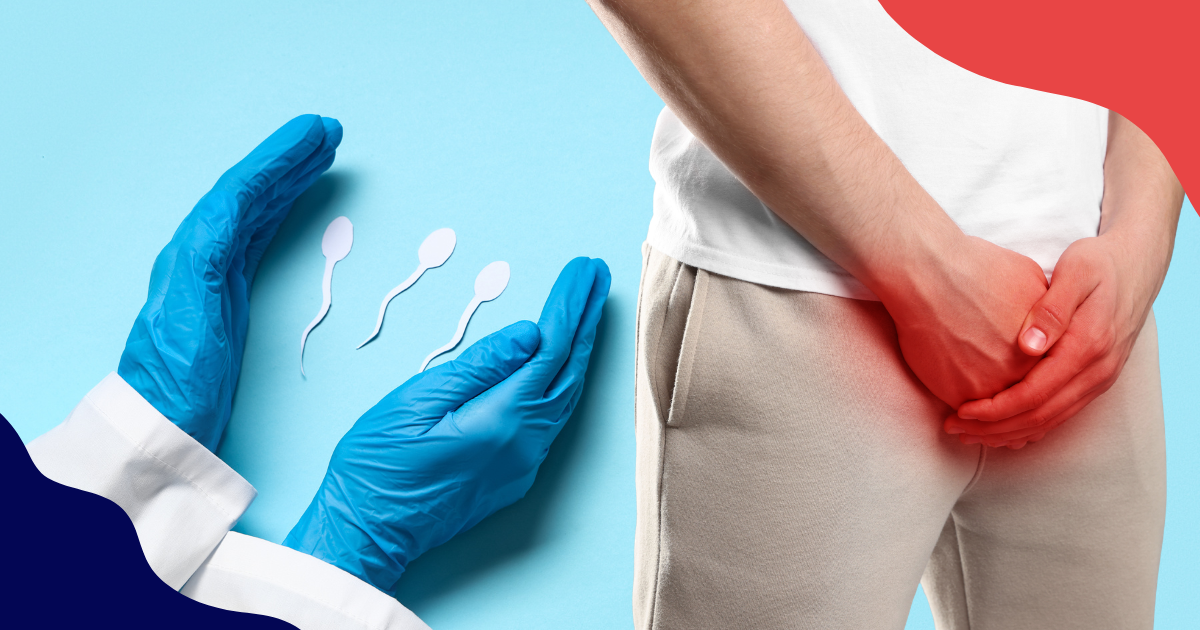When we think about tackling depression, the first things that usually come to mind are therapy or medication. But here’s something that often gets overlooked: nutrition. Believe it or not, what you eat can have a huge impact on how you feel. It’s not just about physical health; your mental well-being is directly tied to the food you’re fueling your body with. If you’re dealing with depression, making mindful choices about what you eat can be a game-changer.
The Gut-Brain Connection: A Powerful Link
Here’s something fascinating—your gut and brain constantly talk to each other. They’re so closely connected that your gut is often called your “second brain.” Why? Because your gut produces key neurotransmitters like serotonin and dopamine, which are responsible for stabilising your mood. When you’re eating foods rich in fibre, probiotics, and whole grains, you’re essentially creating a healthy environment for your gut. And when your gut is happy, your mood gets a boost. On the flip side, diets loaded with processed foods and sugar can cause gut inflammation, which has been directly linked to increased symptoms of depression. So, your gut plays a much bigger role in your mental health than you might think.
The Nutrient Shortfall That Impacts Your Mood
If you’re feeling tired, foggy, or just “off,” your diet could be missing key nutrients that help your brain function at its best. Nutritional deficiencies in things like Vitamin D, Vitamin B12, and Omega-3 fatty acids are closely connected to mood disorders. Omega-3s, found in foods like salmon and walnuts, help reduce brain inflammation that can contribute to depression. Vitamin B12 is another big one—low levels can make you feel sluggish and irritable. By ensuring you’re getting enough of these nutrients, you’re not just supporting your physical health, you’re supporting your emotional well-being too.
Keep Your Blood Sugar and Your Mood Stable
Ever notice how your mood dips after you’ve had a sugary snack or drink? That’s your blood sugar spiking and crashing, and it takes your mood along with it. To avoid these emotional rollercoasters, focus on eating complex carbs like whole grains and legumes. These foods help keep your blood sugar stable, which can positively impact how you feel throughout the day. Stable blood sugar means a more balanced mood.
The Antioxidant Powerhouse
We know antioxidants are great for our bodies, but they’re just as powerful for our minds. Foods like berries, nuts, and leafy greens are packed with antioxidants, which help fight oxidative stress and inflammation—two things that have been linked to depression. Incorporating more antioxidant-rich foods into your diet is like giving your brain a shield, helping to protect it from damage and stress.
The Bottom Line: Small Changes, Big Impact
Depression is a complex challenge, and while nutrition isn’t a cure, it can be an important piece of the puzzle. The right foods can fuel your brain, stabilise your mood, and help you feel more in control of your mental health. It’s not about overhauling your diet overnight— it’s about making small, consistent changes that can make a big difference in how you feel. Remember, you’re not just eating to nourish your body, you’re feeding your mind, too.




